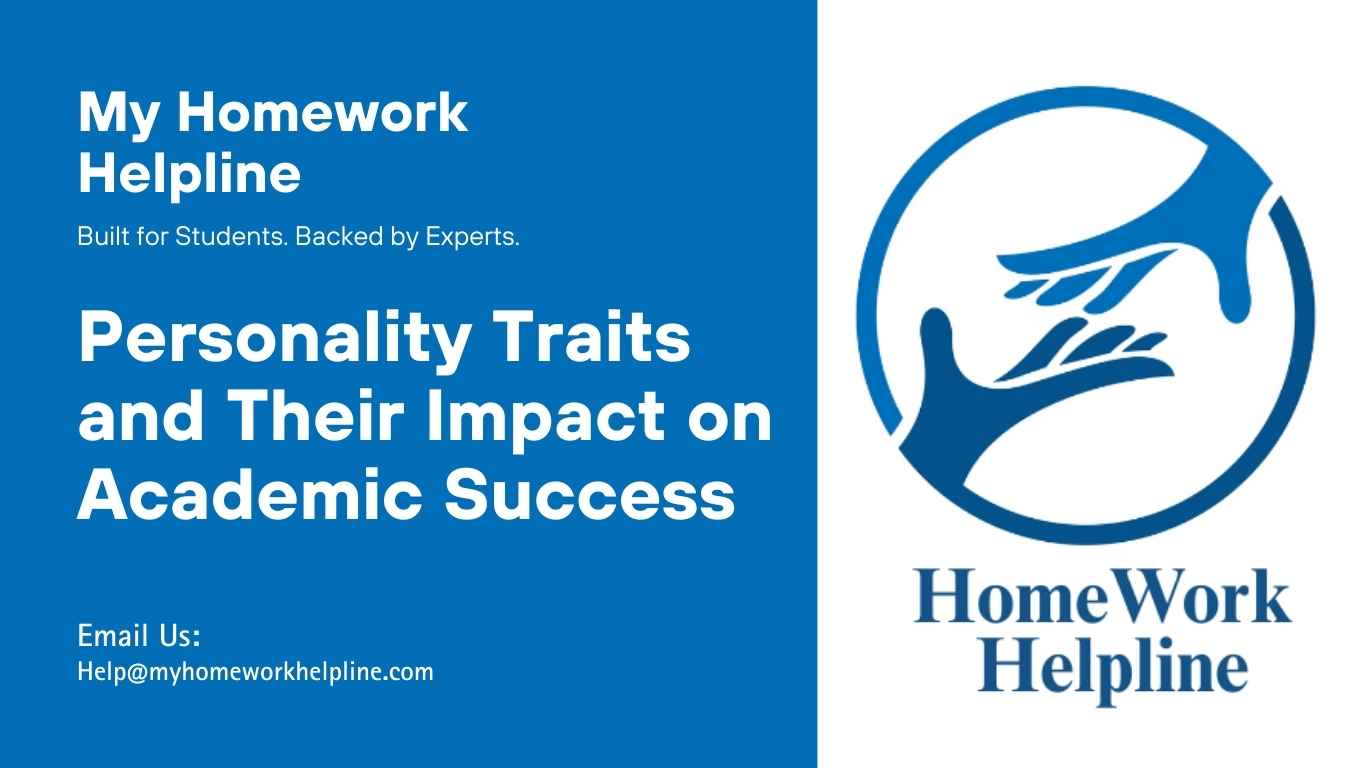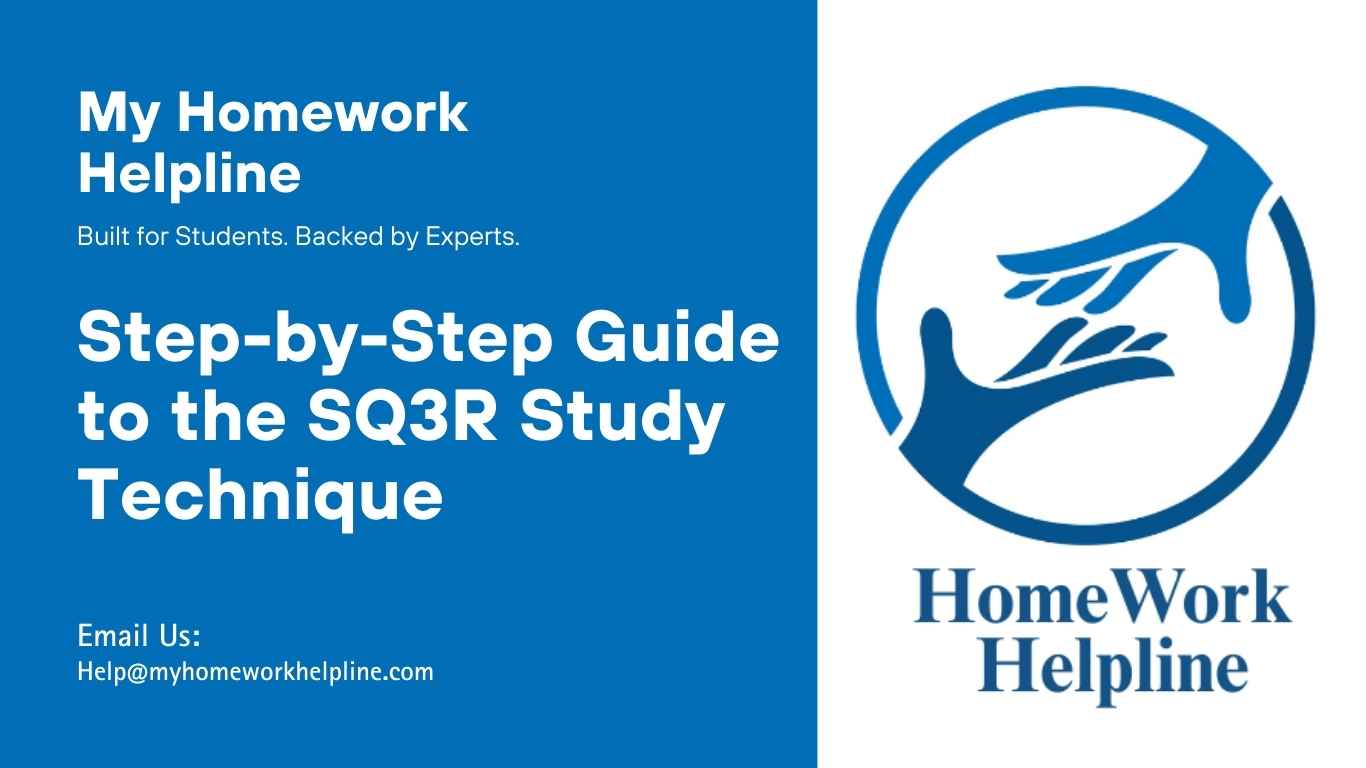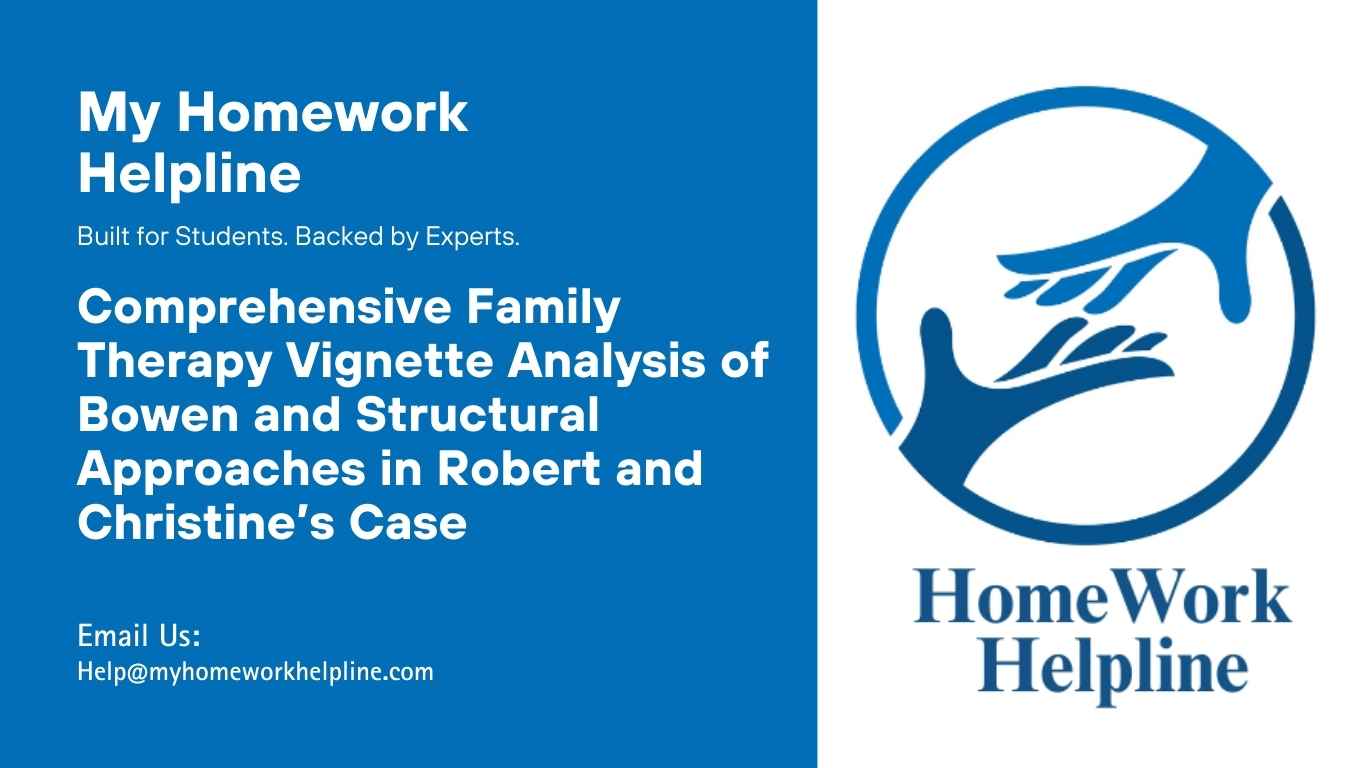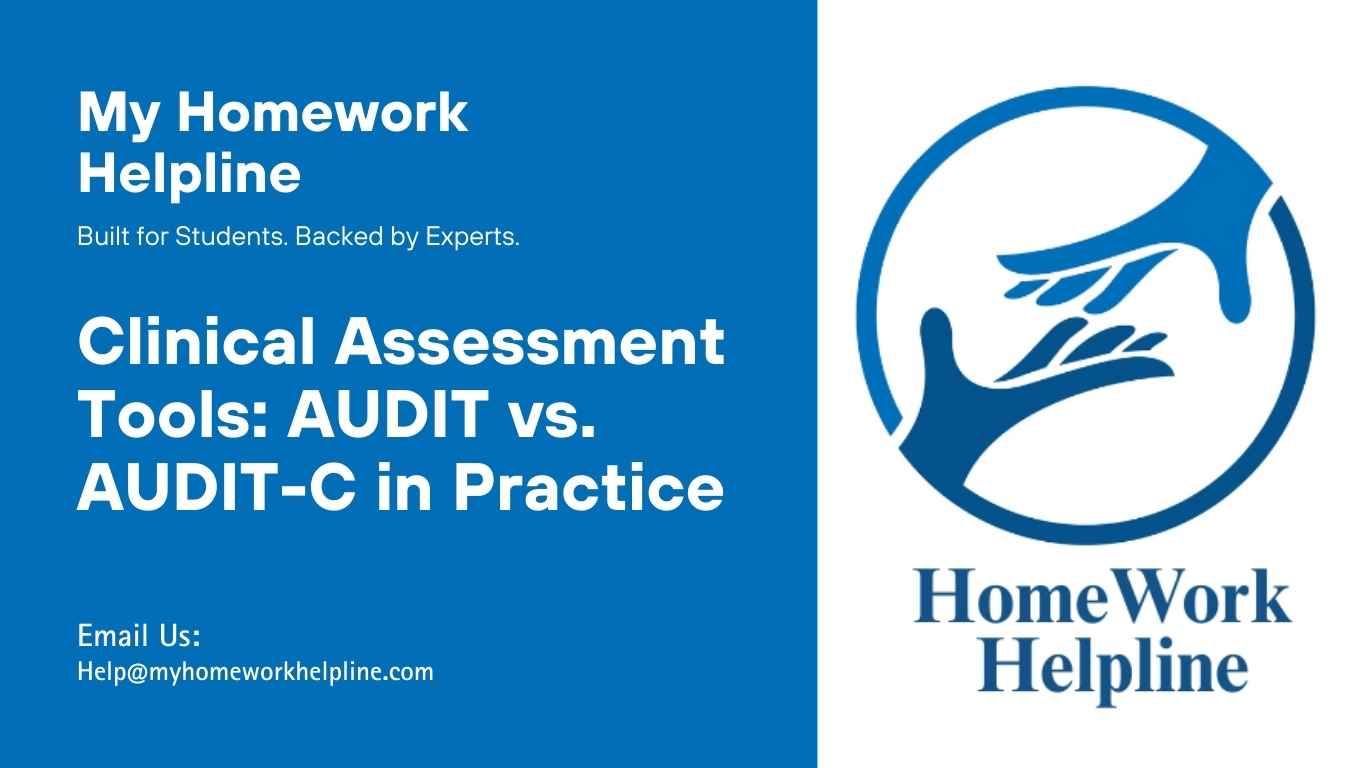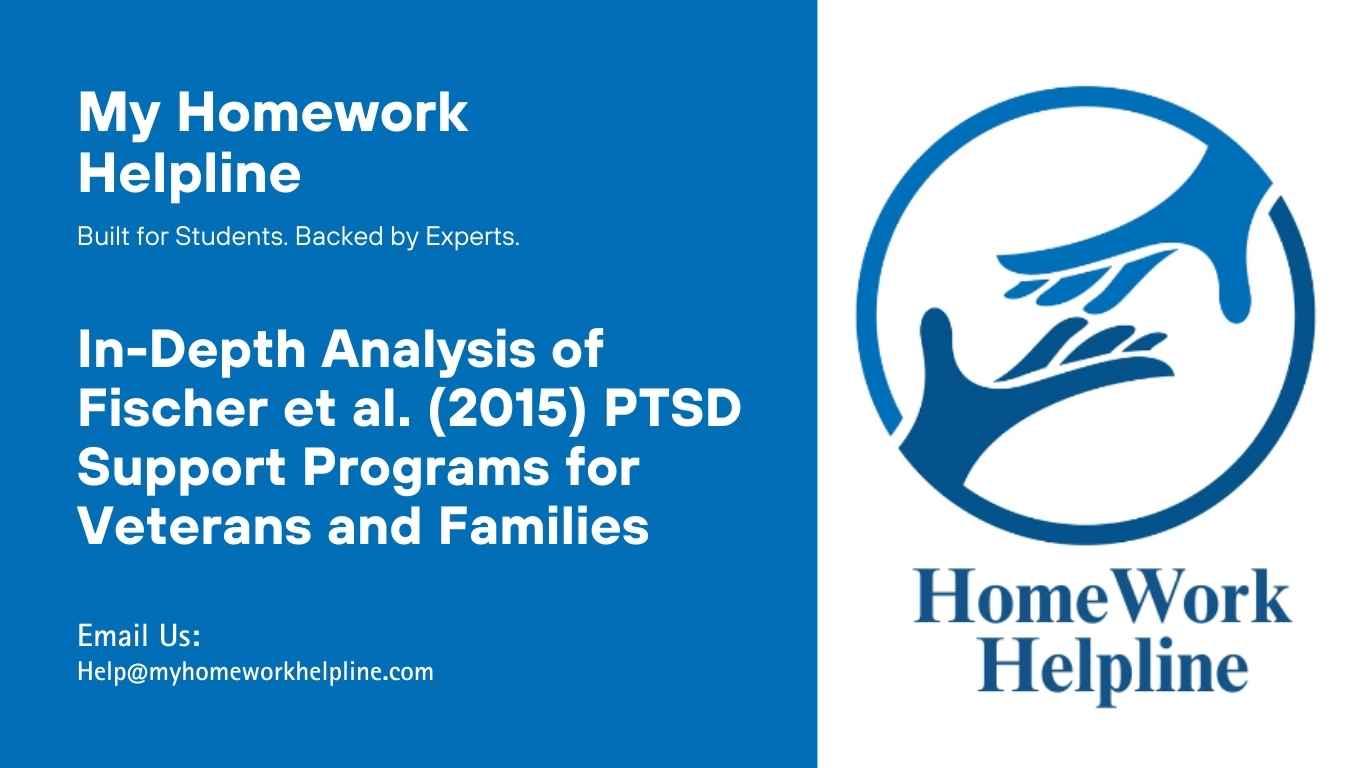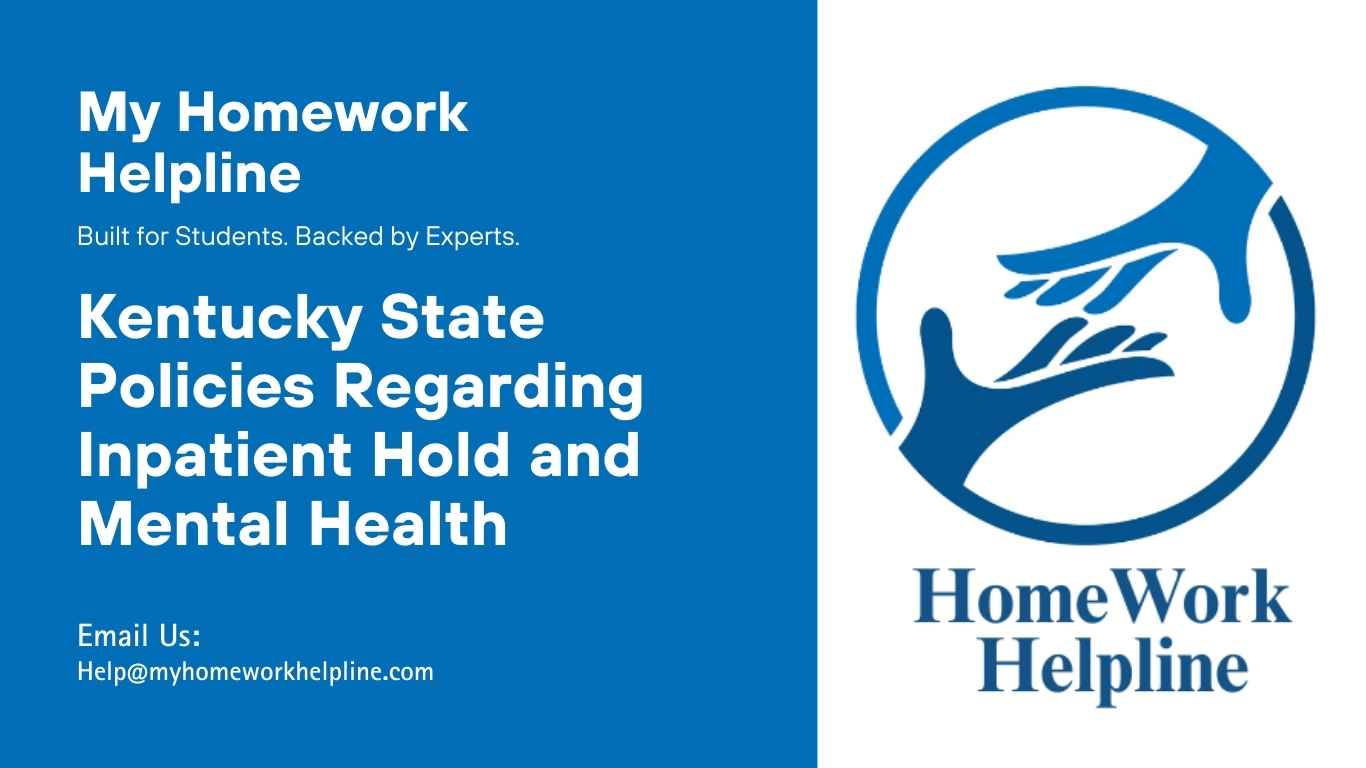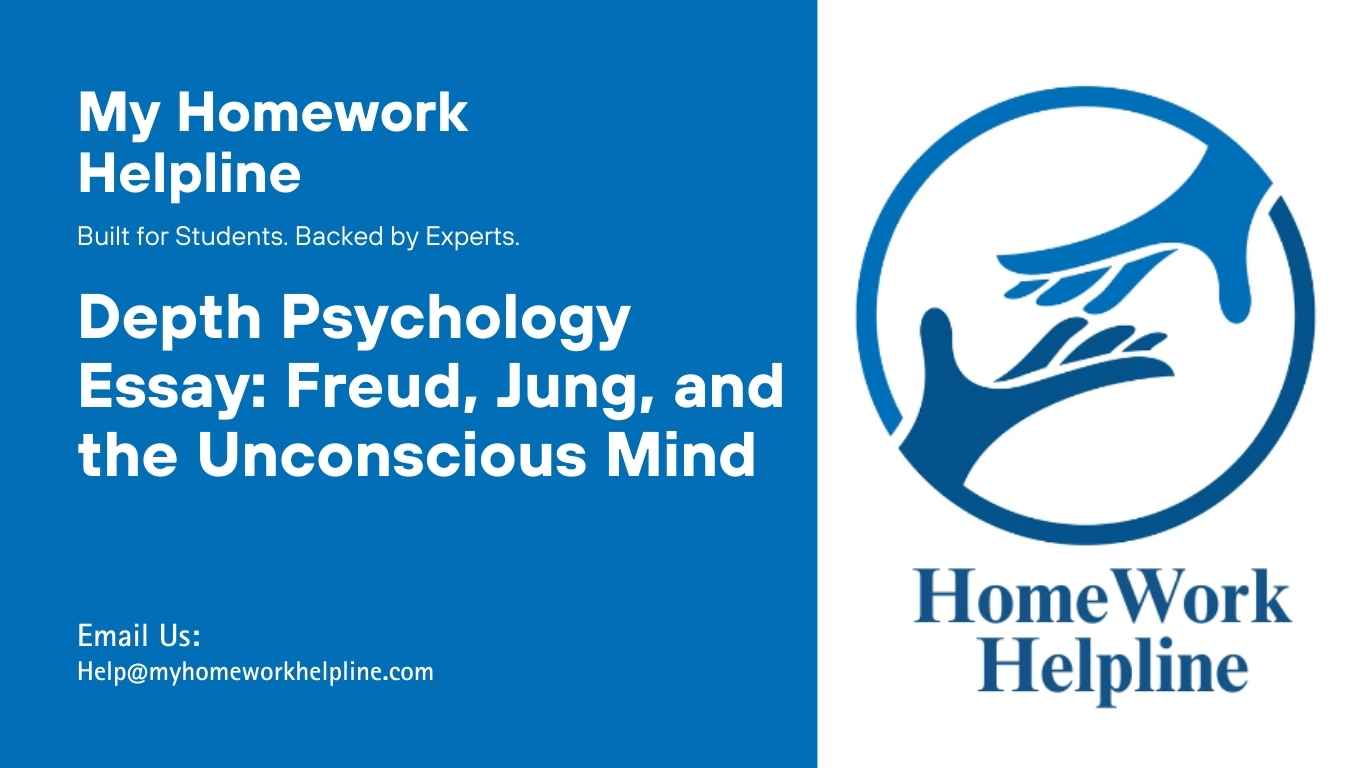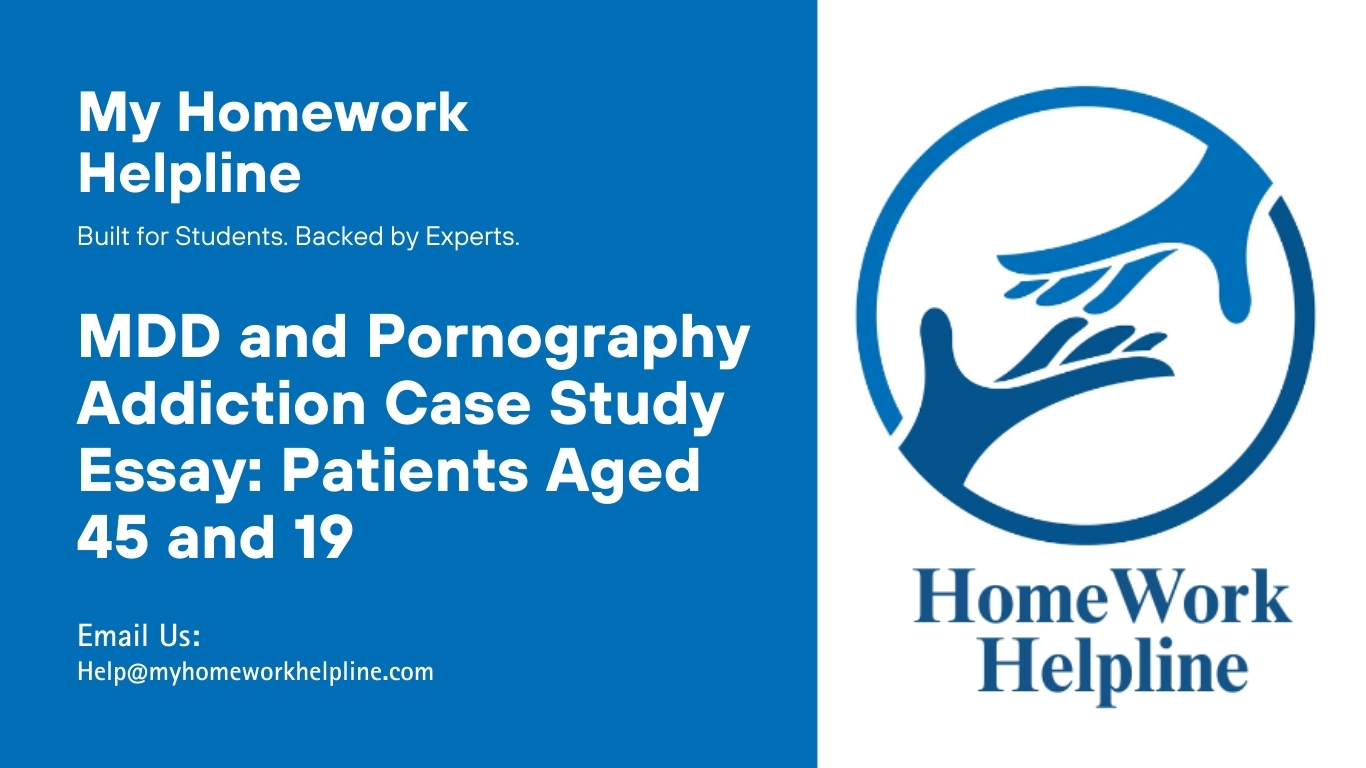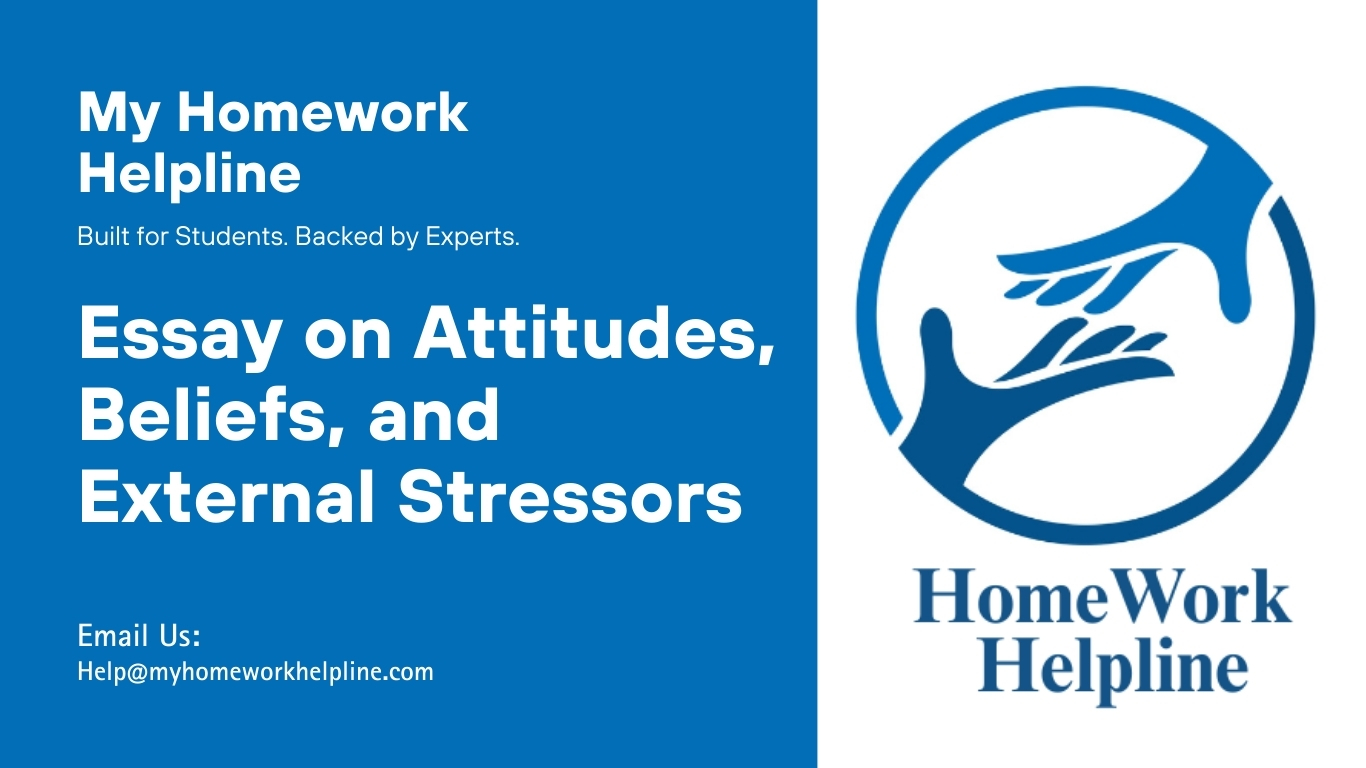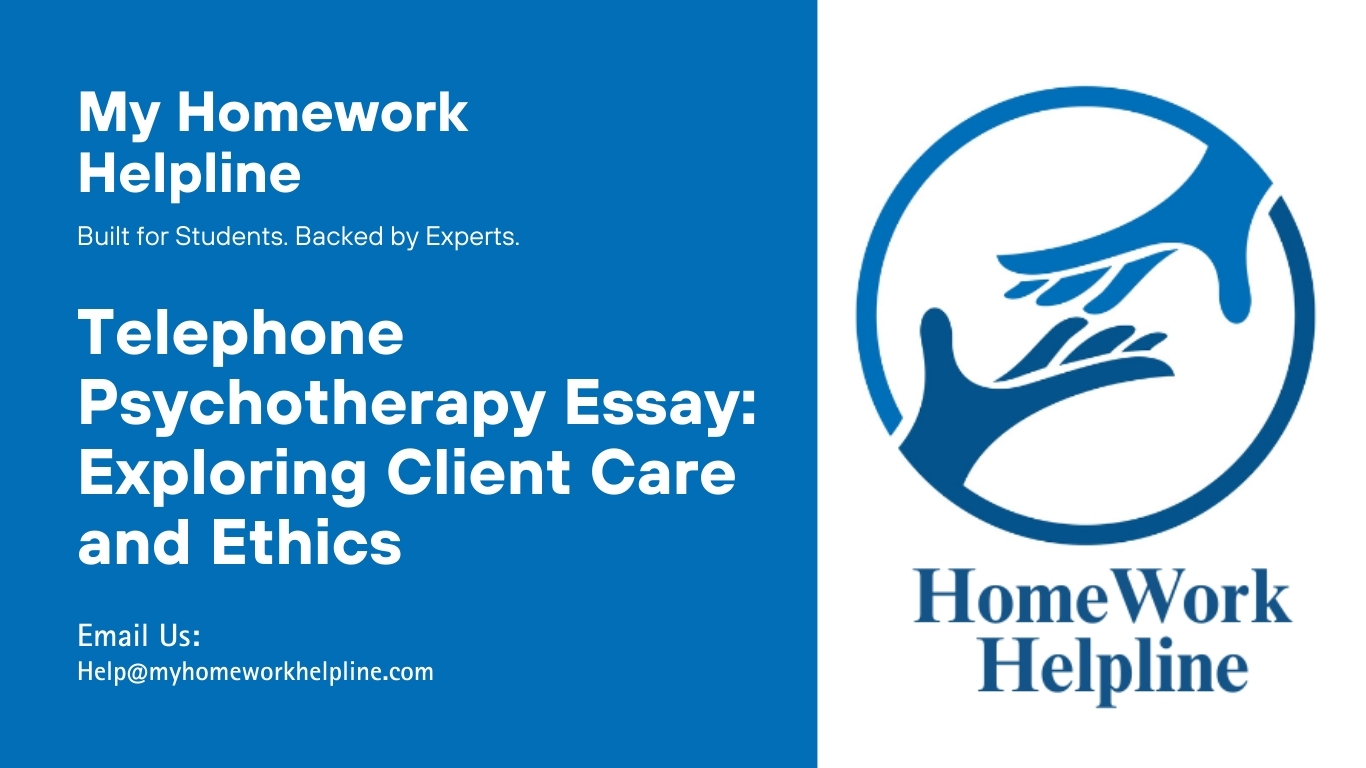How Personality Influences Academic Performance: An In-Depth Essay
Personal learning variations have long been a substantial field of research. The area not only contributes to a broader understanding of intellectual, emotional, and interpersonal factors in education progressions, but it also offers insights that help create education and teaching guidance. In various behavioral and psychological studies, the Big Five model of personality traits has […]

